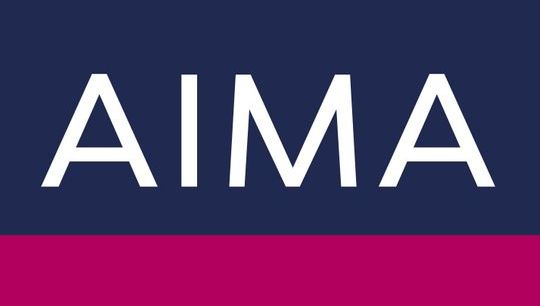AIMA/S3 Partners: Accessing the Financial Power Grid - Hedge fund financing challenges under Basel III and beyond
By AIMA & S3 Partners
Published: 11 January 2016

The following is an online summary of this particular AIMA paper
Introduction
While the impact on banks of Basel III and associated rules has been discussed at length in industry publications, it is clear that many hedge fund management firms are still struggling to assess how these changes in the banking sector will affect their cost of doing business.
With this research report, we are hoping to cut through some of the noise and provide a snapshot of what managers have seen so far and how they expect their relationships with their prime brokers and other financing counterparties to change over the coming years. The report also offers a perspective on how hedge fund managers can help to make sure that their prime brokerage relationships remain mutually beneficial to the manager and bank alike, so that the market for what you could call “financial electricity” continues to operate smoothly. Given that individual banks are responding differently to regulatory reform (reflecting their client profiles, business lines and overall strategies), this is a key ongoing challenge for managers.
The report draws on an extensive industry survey undertaken during August and September 2015, which gathered data from managers with assets under management of more than $400bn. Respondents ranged from small single-strategy managers, to the largest global multi-strategy managers. The survey has provided a detailed view of what is currently happening to financing relationships, seen from the angles of cost and availability of services.
As part of our survey, we also looked at whether there is a common industry understanding of some of the key concepts that drive how participants manage counterparty
relationships, from ROA to optimization, and from margin validation to collateral management. The responses to the survey demonstrate that industry participants need a common language to define industry terms, and we hope to offer an insight into how managers and their financing counterparties can work together to manage their relationships effectively.
We would like to thank the many clients and members of AIMA and S3 Partners who took the time to complete the survey on which this paper is based. We continue to field a huge number of queries on this topic and hope that this paper will help to demystify this topic.

Jack Inglis |

Bob Sloan |
Summary
The results presented in this paper are based on a survey of 78 alternative asset managers, ranging in size from under $100mm of assets under management (AUM) to over $10 billion of AUM, and representing a diverse range of strategies and geographic locations. Their responses provide powerful insights into the perceptions and the realities of maintaining balanced, fair and economically viable relationships with critical sources of portfolio financing ― what you could term “financial electricity” ― as the impact of regulation takes full effect throughout the global banking sector.
Among the key takeaways from our survey are the following:
- All types of alternative asset managers are feeling the effects of regulation on their financing relationships: The impact of regulation on hedge funds’ prime brokerage and financing relationships is fairly consistent regardless of a hedge fund manager’s size, strategy or location.
- Financing costs have already gone up, and most hedge fund managers expect further cost increases: 50% of respondents have already seen an increase in financing costs, with an even split between those who quantified the level of cost increase as being below 10% and those who put the figure at greater than 10%. Three quarters of respondents are expecting further cost increases during the coming two years, although the results suggest that the level of those increases are difficult to quantify.
- The number of financing relationships looks set to persist for the time being: Close to 90% of survey respondents have seen the number of their financing relationships remain the same or increase during the last couple of years. For smaller managers, the number of financing relationships is driven primarily by counterparty risk considerations. For larger managers, the ability to access liquidity is the more pressing concern. The average number of financing relationships stands at 4.
- Understanding how banks calculate Return on Assets (ROA) and Return on Equity (ROE) is a major challenge for hedge fund managers: Only a fifth of survey respondents said that they “have a clear understanding of how their banks calculate ROA”. Fewer still have the data necessary to calculate ROA/ROE themselves. At the same time, different banks are feeling the impact of regulation in different ways, reflecting differences in strategy, client base and jurisdiction, meaning that there is no simple way of quantifying a standard impact associated with new rules across the range of a manager’s bank counterparties.
- Hedge fund managers are having to rethink their prime brokerage relationships: Three-quarters of survey respondents have been asked to change how they do business with their prime brokers, with more than twothirds being asked to decrease their free cash balances.
- Hedge fund managers can put themselves in a stronger position to deal with the changing nature of the prime brokerage relationships. To maintain access to the “grid” of financing, manage their overall cost of doing business, and optimise the mutual value of their prime brokerage and counterparty relationships within the new regulatory landscape, hedge funds and other investment managers must increasingly:
- make sure they have the right data, including unbiased data sources;
- use a different set of analytic tools and calculations;
- make sure that they and their financing counterparties are speaking a common language to promote beneficial financing relationships and effective collateral management activities.









